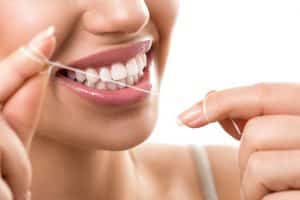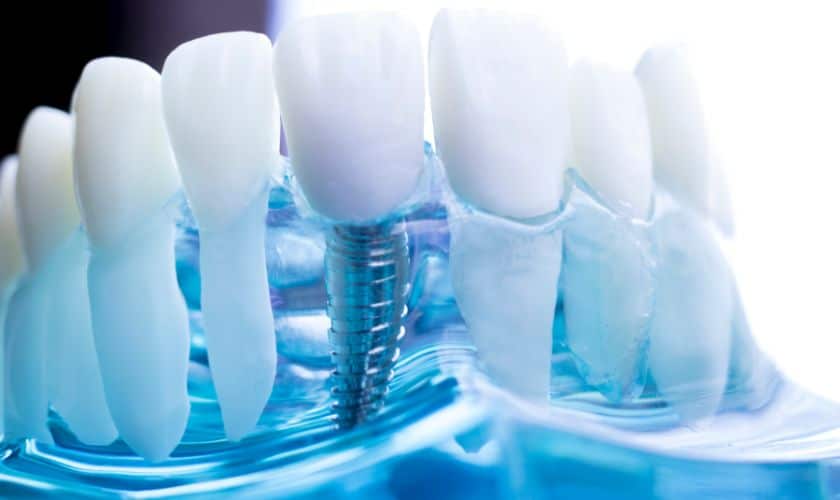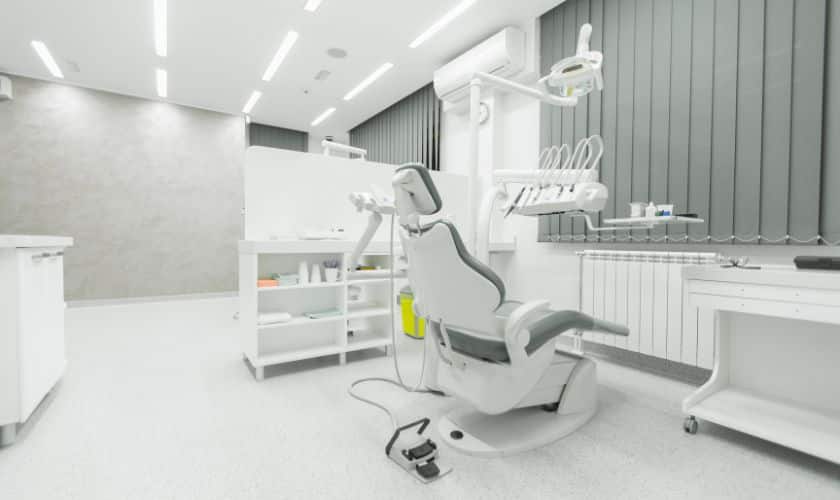Visit 7 North Dental Today Or Call: 602-230-0811
How to Prevent Periodontal Disease: 3 Simple Habits

Periodontal disease, often known as gum disease, is a common oral health problem with serious consequences if left untreated. Fortunately, periodontal disease risk can be considerably decreased by practicing proper mouth hygiene with little daily routines. This article will examine three crucial habits to prevent this problem and support a healthy grin.
1.Master the Art of Effective Brushing
The cornerstone of a healthy mouth is properly brushing. In addition to cleaning your teeth’s apparent surfaces, brushing removes plaque and bacteria under your gum line, which delays the development of periodontal disease.
- Choose the Right Toothbrush: The first step to brushing effectively is choosing the correct toothbrush. Select a brush with gentle bristles to prevent harm to your gums or enamel. Consider the brush head’s size; it should be large enough to cover your mouth comfortably.
- Brush Twice Daily: It’s important to be consistent when brushing. It is recommended that you make brushing your teeth twice daily, in the morning and right before bed, a habit. This approach lowers the risk of gum disease and inflammation by removing plaque buildup.
- Perfect Your Technique: You might be surprised to learn how important brushing technique is. Use brief, soft strokes while holding your toothbrush at a 45-degree angle to your gums. Make sure to clean the gumline and other difficult-to-reach regions thoroughly.
2. Embrace Flossing as a Daily Ritual
Brushing is important, but it simply takes care of your teeth surface. Because flossing reaches the areas between your teeth and below the gum line, where plaque frequently gathers, it is equally vital.
- Make Flossing a Daily Habit: Flossing ought to be an essential component of your everyday dental hygiene regimen. Make it a habit to floss once daily, preferably immediately before bed. This will facilitate the removal of plaque and food particles from difficult-to-reach areas with your toothbrush.
- Proper Flossing Technique: To maximize the benefits of flossing, use a generous 18 inches of dental floss. Gently slide the floss between your teeth, curving it into a ‘C’ shape around each tooth. Be cautious not to snap or force the floss, as this can damage your gums.
- Consider Interdental Brushes or Water Flossers: Alternative flossing instruments, such as water flossers or interdental brushes, can be useful if traditional flossing is difficult. Those with orthodontic braces or other dental procedures that make flossing challenging will find these items especially helpful.
3. Schedule Regular Dental Checkups
Professional dental care is crucial for preventing and identifying early signs of periodontal disease, even with excellent at-home oral hygiene practices.
- Commit to Regular Dental Visits: Make time for regular dental examinations at least twice a year. During these visits, your dentist will thoroughly examine your teeth to check for any signs of cavities, gum disease, or other oral health issues. Early identification stops periodontal disease from progressing and enables timely management.
- Professional Dental Cleaning: A dental hygienist’s routine cleanings assist in removing hard-to-remove tartar and plaque that may be missed by brushing and flossing. These cleanings play a major role in keeping teeth healthy and preventing gum disease.
- Seek Prompt Treatment: See a dentist as soon as possible if you have any of the symptoms of gum disease, including bleeding gums, chronic foul breath, or changes in the appearance of your gums. Early treatment helps prevent the illness from worsening and reaching more advanced stages.
In conclusion, It is possible to prevent periodontal disease by practicing constant and conscientious oral hygiene. You can protect your teeth and keep your oral health at its best by practicing good brushing habits, flossing daily, and prioritizing routine dental checkups. Recall that having a healthy mouth enhances your confidence, quality of life, and general health.



